Weekly Scriptures | Sermon Notes | Sermon Video
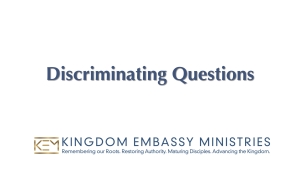 Romans is a letter filled with questions. Right from the start of exploration into this deep “theological treatise,” we discovered that ninety-two times Paul asked a question. As any good teacher should, Paul used questions to stir the imagination of his readers and provoke contemplation. It is a powerful tool to engage with people. Questions offer a significantly more effective method of interaction than flooding a teaching with statements. It’s the perfect way to advance a conversation, discern someone’s position, determine their current level of understanding, share new information, impart knowledge, influence thought, and challenge disagreement. Questions must, however, be intentional, as both quality and delivery will determine their effectiveness. In just eight verses, Paul asks seven discriminating questions: How then shall they call on Him in whom they have not believed? How shall they believe in Him of whom they have not heard? How shall they hear without a preacher? How shall they preach unless they are sent? Lord, who has believed our report? Have they not heard? And, did Israel not know?
Romans is a letter filled with questions. Right from the start of exploration into this deep “theological treatise,” we discovered that ninety-two times Paul asked a question. As any good teacher should, Paul used questions to stir the imagination of his readers and provoke contemplation. It is a powerful tool to engage with people. Questions offer a significantly more effective method of interaction than flooding a teaching with statements. It’s the perfect way to advance a conversation, discern someone’s position, determine their current level of understanding, share new information, impart knowledge, influence thought, and challenge disagreement. Questions must, however, be intentional, as both quality and delivery will determine their effectiveness. In just eight verses, Paul asks seven discriminating questions: How then shall they call on Him in whom they have not believed? How shall they believe in Him of whom they have not heard? How shall they hear without a preacher? How shall they preach unless they are sent? Lord, who has believed our report? Have they not heard? And, did Israel not know?
As we venture deeper still, we might add seven additional critical inquiries: Who can be sent? What is the message? How will they know the report is true? What have they already heard? Who will provoke who to jealousy? Who will listen and obey? And, why do we keep preaching? There are many questions to answer and this one thing we know… good questions are an excellent way to reverse discrimination. How so? Most see discrimination from a perspective of prejudice; Paul sees it as a path to holiness.

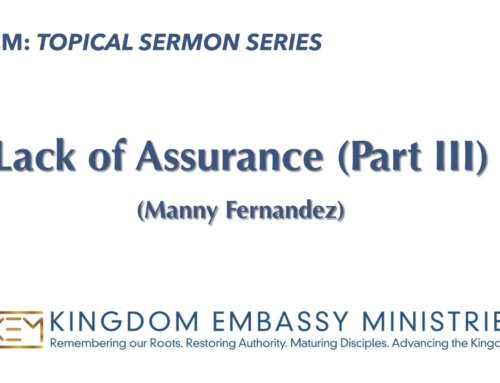
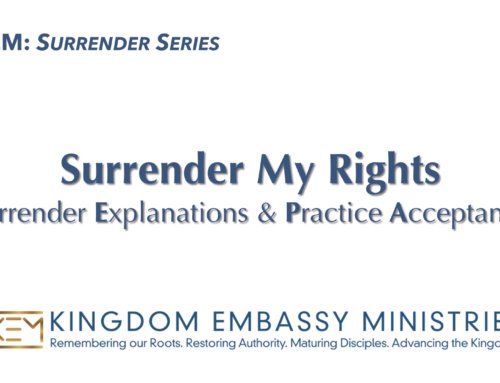

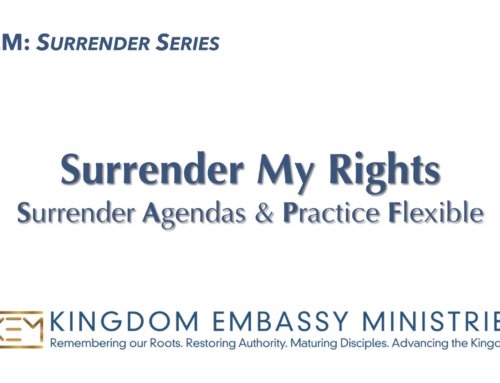
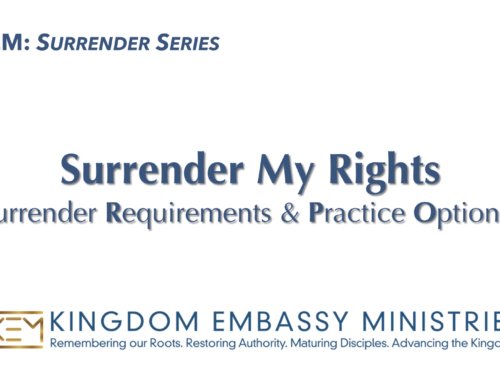
Leave A Comment